The Atmospheric Chemical Mechanisms Conference Technical Program Committee is comprised of researchers and educators throughout the world who have been working in the field for many years. The committee is dedicated to the dissemination of information that can assist in the improvement of research for decades to come. They have taken the time to ensure all information presented at this conference is of the highest quality, as well as relevant and scientifically accurate.
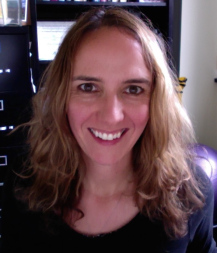 Ann Marie Carlton, Lead Chair
Ann Marie Carlton, Lead Chair
Associate Professor, UC Irvine
Dr. Carlton is the scientific leader of the SOAS campaign, member of the ACCORD Science Committee at the National Center for Atmospheric Research, member of the National Research Committee tasked with identifying priorities and strategic steps forward for atmospheric chemistry research over the coming decades. She conducts atmospheric modeling, as well as organizes and conducts field and laboratory studies to investigate these topics with the ultimate goal of informing policymakers so society can develop effective strategies that protect human health, ecosystems, agricultural economies and security. ![]()
 Jesse Kroll, Co-Chair
Jesse Kroll, Co-Chair
Professor, MIT
Jesse Kroll is a Professor at MIT's Departments of Civil and Environmental Engineering and Chemical Engineering, and is the Director of MIT's Ralph M. Parsons Laboratory for Environmental Science and Engineering. Before coming to MIT in 2009, Jesse received his PhD in Chemistry from Harvard University; was a postdoc at Caltech; and then was a Research Scientist at Aerodyne Research, Inc. Jesse's research focuses on atmospheric organic chemistry, with a particular focus on secondary organic aerosol, organic aerosol aging, and the use of new mass spectrometric techniques for measuring atmospheric organics. A more recent focus of his group's research is the use of low-cost sensors to measure gas-phase and particulate pollutants. ![]()
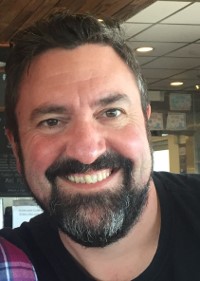 Carl Percival, Chair Adviser
Carl Percival, Chair Adviser
Research Scientist, Jet Propulsion Laboratory - NASA
Carl Percival is an atmospheric chemist at the Jet Propulsion Laboratory. His research is in three main areas: the first is the development of methods to directly observe fundamental gas phase kinetics of key reactions of atmospheric importance in the laboratory. The second area of work focuses on the development of novel analytical techniques to quantify trace species in the atmosphere and the third area is on the study of the interaction of gases with aerosols.![]()
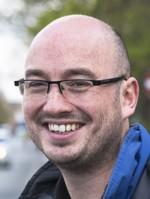 Alex Archibald
Alex Archibald
Reader, University of Cambridge
Alex Archibald is an atmospheric chemist, who focuses on using computer models and observations to understand how man-made and natural emissions affect climate and air quality. He is a Reader and group leader for the atmospheric chemistry modelling group in the Department of Chemistry and is the Science Director of the UKCA model (www.ukca.ac.uk). In addition he is the atmospheric composition theme leader for the NERC ACSIS project (www.acsis.ac.uk), which is looking at the causes and effects of climate and atmospheric composition change in the North Atlantic region.![]()
 Bill Carter
Bill Carter
Research Chemist, UC Riverside
Bill Carter is a Research Chemist Emeritus at the College of Engineering Center for Environmental Research and Technology at the University of California at Riverside. His research concerns developing atmospheric chemical mechanisms for airshed models, mechanism evaluation, and using mechanisms and models to develop reactivity ranking scales for organic compounds. He is responsible for developing the SAPRC mechanisms used in the research and regulatory models and has assisted in the evaluation or implementation of other mechanisms in such models. He has worked on atmospheric mechanism development since 1974, and is still active in this field. He organized a panel of international scientists to evaluate structure-reactivity (SAR) methods for atmospheric chemical mechanism development. He is a recipient of the Atmospheric Environment Haagen-Smit prize, the California Air Resources Board Haagen-Smit Clean Air award, and the Air and Waste Management Association Inaugural Arthur C. Stern Award. ![]()
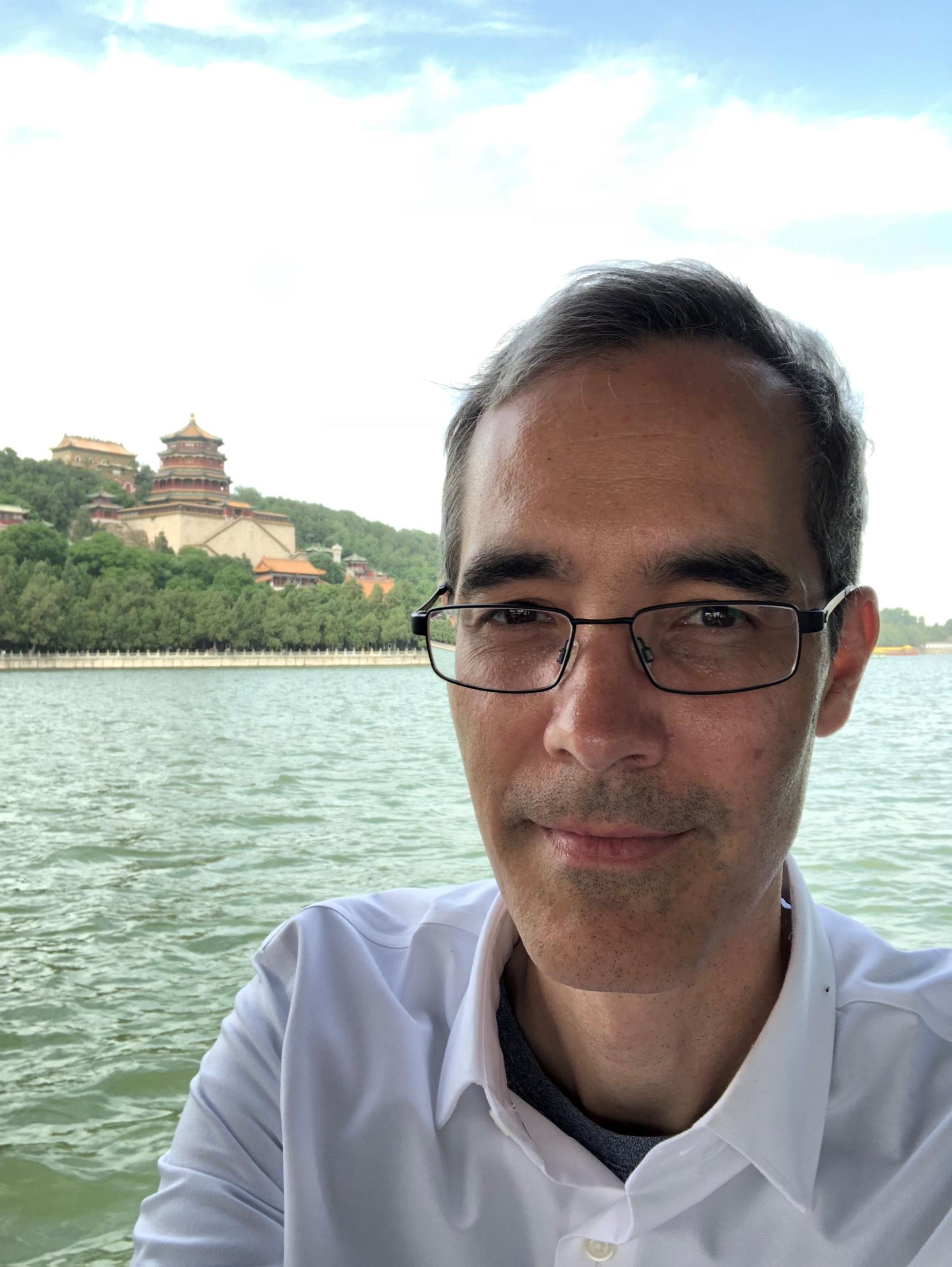 James Kelly
James Kelly
Scientist, Office of Air Quality Planning & Standards, US EPA
Jim is an Environmental Scientist with the U.S. Environmental Protection Agency where he leads the Air Quality Assessment Division's PM NAAQS Review Team. Prior to this, he held positions at the California Air Resources Board, Lawrence Livermore National Laboratory, and the CIIT Centers for Health Research related to air quality modeling and particle dosimetry. Jim earned a PhD from UC Davis with a dissertation on water uptake by atmospheric particles. ![]()
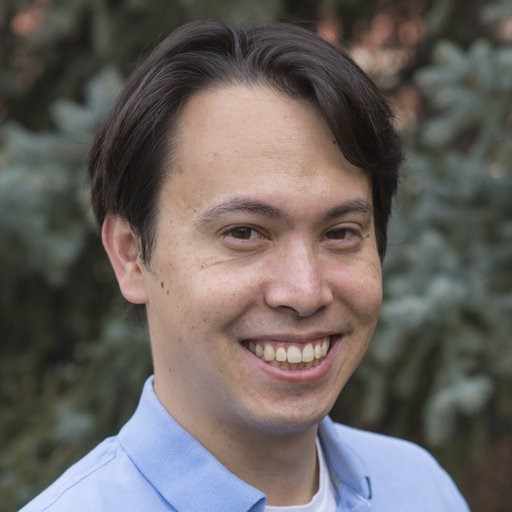 Brian McDonald
Brian McDonald
Research Scientist, NOAA Chemical Sciences Laboratory
Brian is a research scientist at the NOAA Chemical Sciences Laboratory in Boulder, CO. His research is on studying anthropogenic emission sources and modeling their impacts on air quality and climate. In particular, his research has focused on volatile organic compound (VOC) emissions and oxidation chemistry. Prior, he received his Ph.D. in Environmental Engineering and Master’s in Public Policy from the University of California, Berkeley. He was a CIRES visiting postdoctoral fellow at the University of Colorado and NOAA. In 2019, he received a Presidential Early Career Award for Scientists and Engineering. ![]()
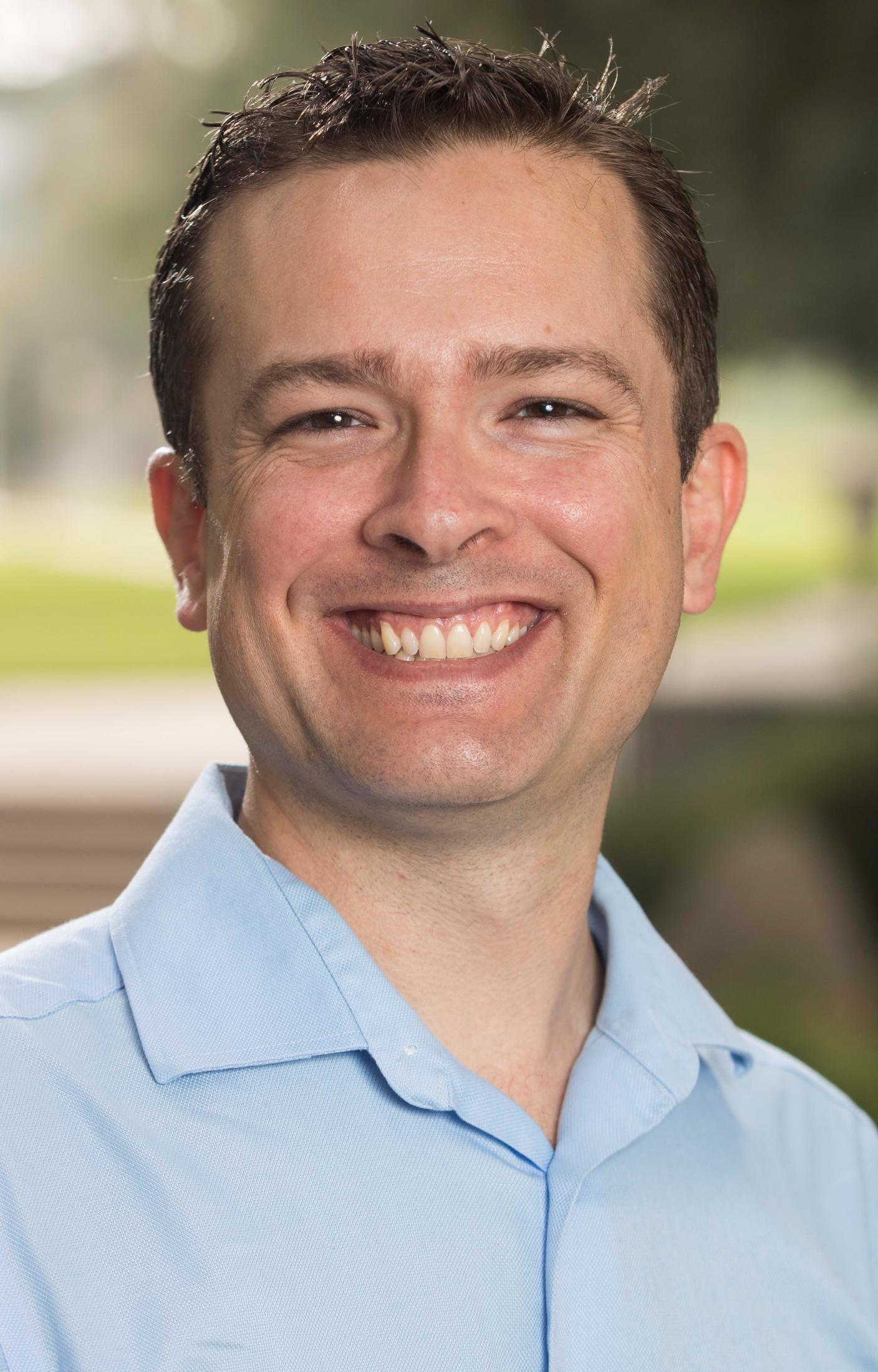 William Porter
William Porter
Assistant Professor, University of California, Riverside
Will is an Assistant Professor at the University of California, Riverside, where his group uses numerical and statistical modeling techniques to examine the causes and impacts of air pollution. Research topics of particular interest include chemistry/climate interactions, urban coastal air quality dynamics, prescribed fire practices, environmental justice, and model mechanism analysis and improvement.![]()
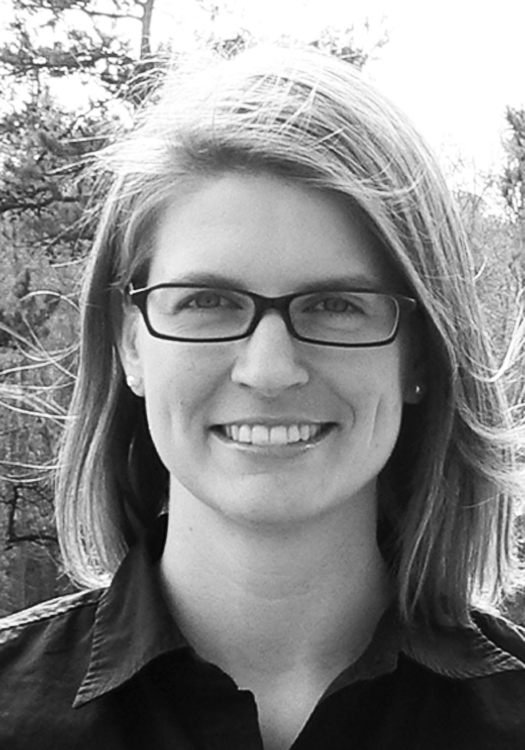 Havala Pye
Havala Pye
Research Scientist, US EPA
Havala uses computer models to understand what governs chemicals in air: from emissions through chemical and physical transformation and ultimately removal. She has worked on topics including biogenic VOC oxidation, volatile chemical products, deposition, and condensed phase chemistry. She is currently a research scientist at the US Environmental Protection Agency where she is co-lead of the Community Multiscale Air Quality (CMAQ) Modeling system aerosol workgroup. She received her PhD in chemical engineering from the California Institute of Technology and is a recipient of the Presidential Early Career Award for Scientists and Engineers (PECASE). ![]()
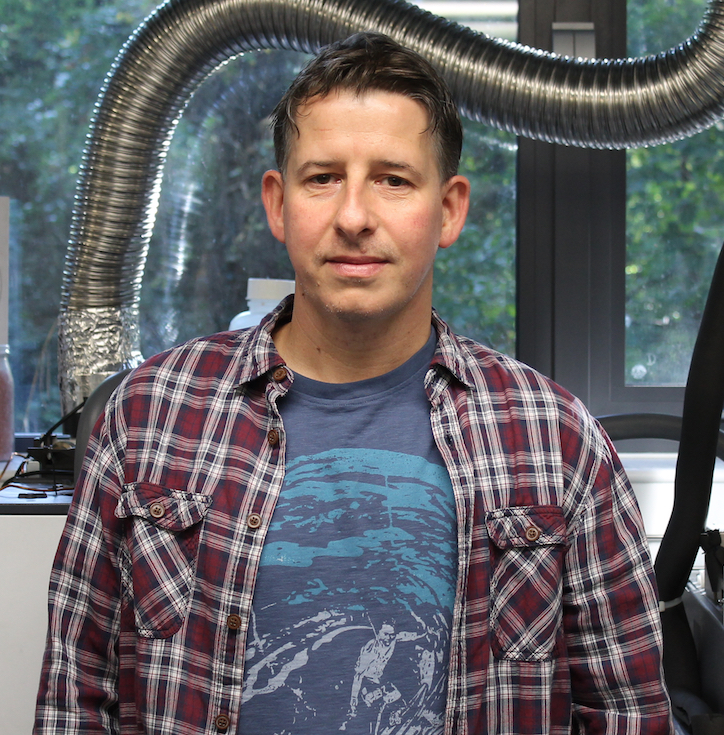 Andrew Rickard
Andrew Rickard
Andrew Rickard is an Associate Professor at the National Centre for Atmospheric Science, based in the Wolfson Atmospheric Chemistry Laboratories at the University of York. He has research interests that span mechanistic chemistry of gas- and condensed- phase systems, chemical modelling of complex processes and the evaluation of detailed chemical schemes through the design and interpretation of multi-chamber experimental studies. His group is primarily responsible for the update and implementation of the international benchmark Master Chemical Mechanism (mcm.york.ac.uk), which is extensively used by the science community in a wide variety of science and policy applications where chemical detail is required. ![]()
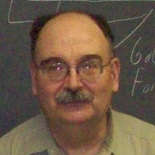 William Stockwell
William Stockwell
Professor, University of Texas as El Paso
William R. Stockwell is a research professor at the University of Texas at El Paso. He has authored or co-authored 200 scientific publications on atmospheric chemistry, physics and education. Dr. Stockwell’s research interests include the development of atmospheric chemistry mechanisms, air quality modeling, field measurements for model evaluation and research on the effects of toxic environmental agents on biologically important molecules. Dr. Stockwell is the editor for atmospheric chemistry of the Bulletin of the American Meteorological Society. His honors include the American Meteorological Society Editor’s Award (2009), a fellowship from the Oak Ridge Institute for Science and Education (2008 – 2009) and the Alfred P. Sloan Foundation recognized him for advancing underrepresented minority students in mathematics, science and engineering (2008). ![]()
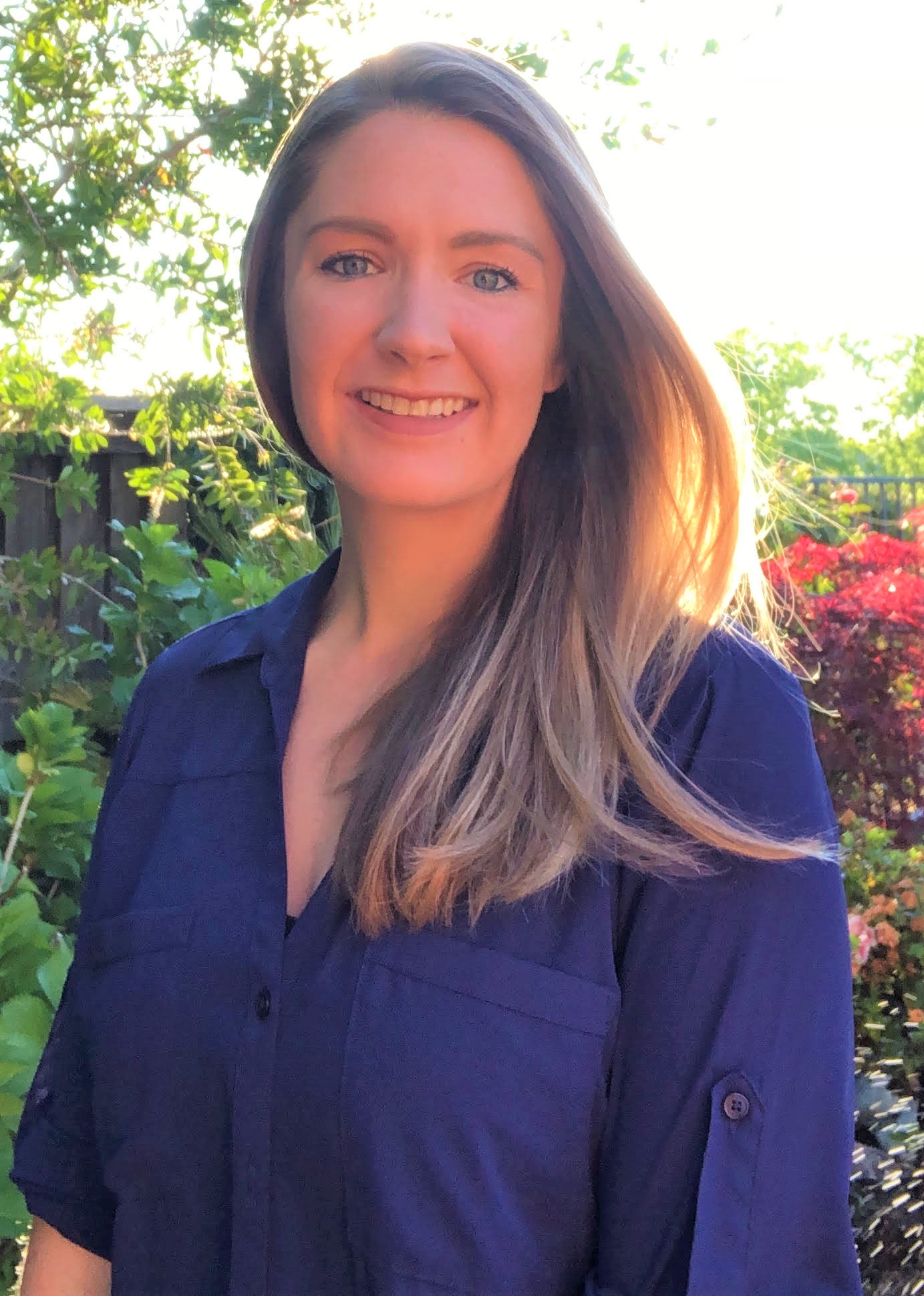 Melissa Venecek
Melissa Venecek
Air Quality Planning and Science Division, California Air Resources Board
Member of the atmospheric modeling and support section in the modeling and meteorology branch at the California Air Resource Board. Received a PhD in atmospheric sciences from the University of California, Davis with an emphasis on air quality modeling and emissions processing. Research interests include characterization of gas and particle phase emission sources, gas-phase reactions of volatile organic compounds and VOC contribution to ozone formation (reactivity). ![]()
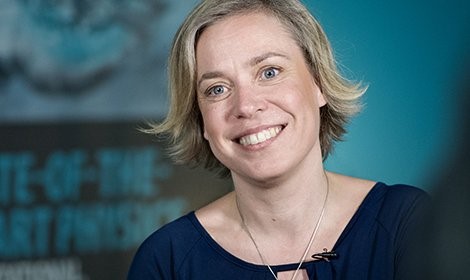 Annele Virtanen
Annele Virtanen
Head of Aerosol Physics Research Group, University of Eastern Finland
I received my PhD in Tampere University of Technology (TUT, Department of Physics) 2004. After that I continued working as a postdoc and group leader at TUT. On January 2012 I moved to University of Eastern Finland (UEF) to lead the Aerosol Physics Laboratory. I have a strong background in measurement method development and applications related to atmospheric aerosols. My major research questions are related to the atmospheric aerosols: how they form, what are their properties and what is the role they play in the Earth’s climate through their interactions with water vapour. To study these questions in a comprehensive way I have established a wide international collaborative networks and consistently developed our own research infrastructure at UEF. ![]()
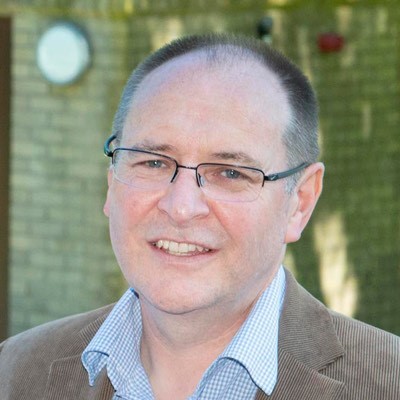 John Wenger
John Wenger
Professor, University College Cork, Ireland
John Wenger is a Professor of Physical Chemistry at University College Cork (UCC) and joint founder of the Centre for Research into Atmospheric Chemistry. He is also leader of the Atmospheric Processes and Air Quality thematic research area within the Environmental Research Institute in UCC. His current research interests are focused on (i) the atmospheric degradation of volatile organic compounds, (ii) formation and characterisation of secondary organic aerosol, (iii) chemical composition and sources of atmospheric aerosol. Laboratory based experiments are performed in custom-built atmospheric simulation chambers and utilise state-of the-art techniques for on-line and off-line chemical analysis. ![]()